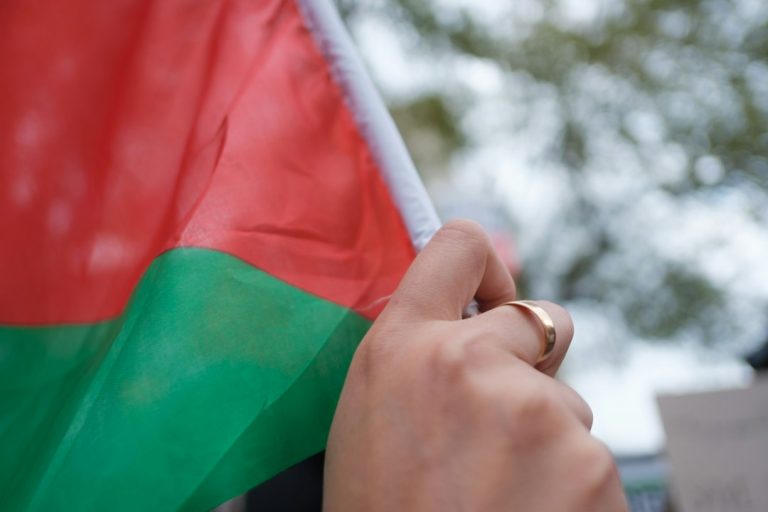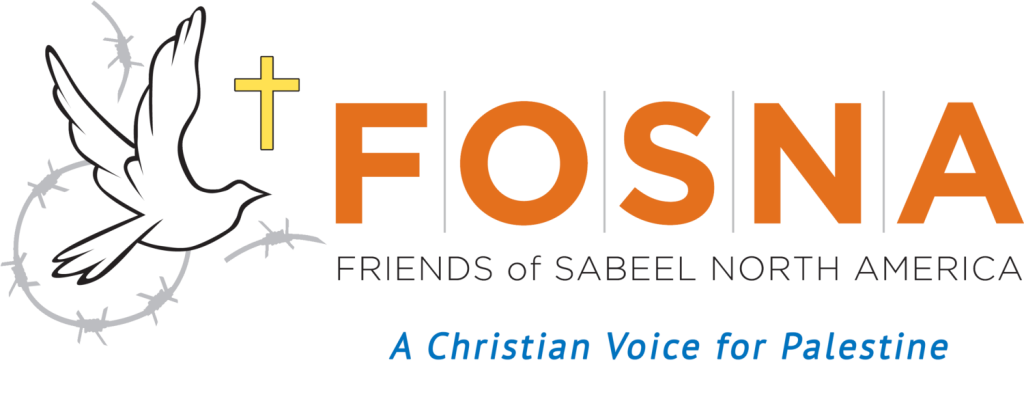
We have a tool to stop Israel’s war crimes: BDS
We already have the tool “to stop Israel’s war crimes”, says Naomi Klein. It’s “BDS” – that it, it’s the strategy of using ‘Boycott, Divestment and Sanctions’ against Israel. Indeed, she is right. It is a powerful weapon for non-violent change. Even so, a generation of propaganda has made it is almost impossible for Western governments to employ this strategy. I still remember when our local council – Marrickville (in the inner-West of Sydney) –officially adopted BDS in 2011. It caused such an uproar that the



